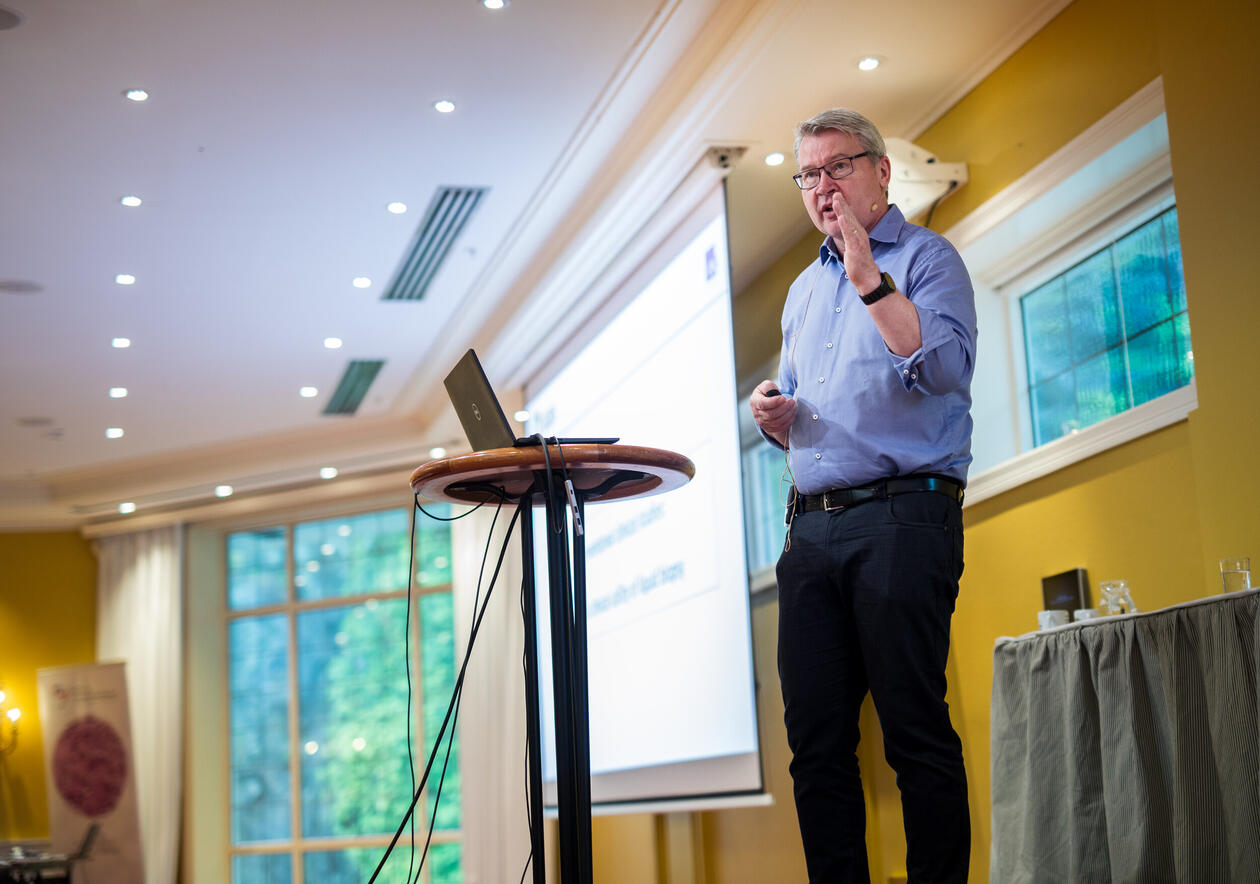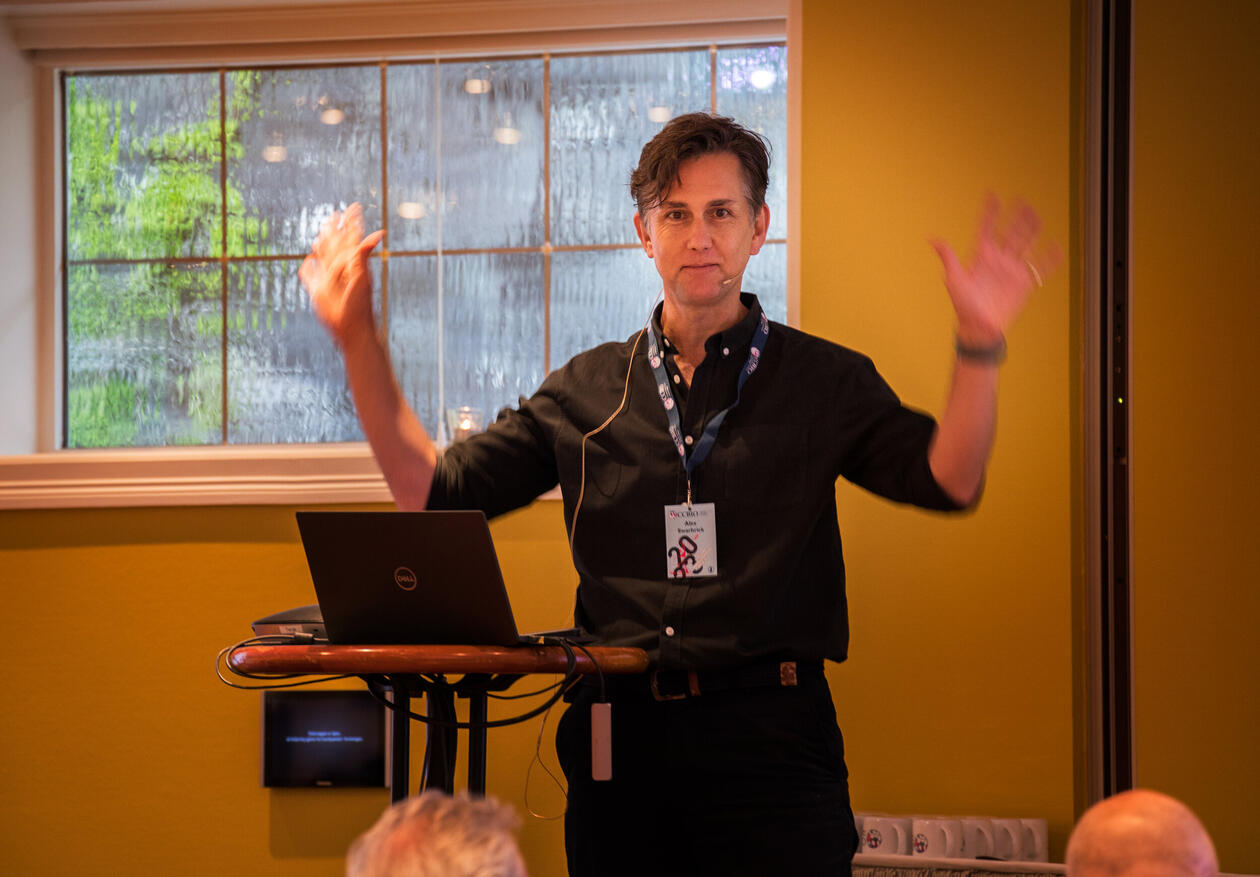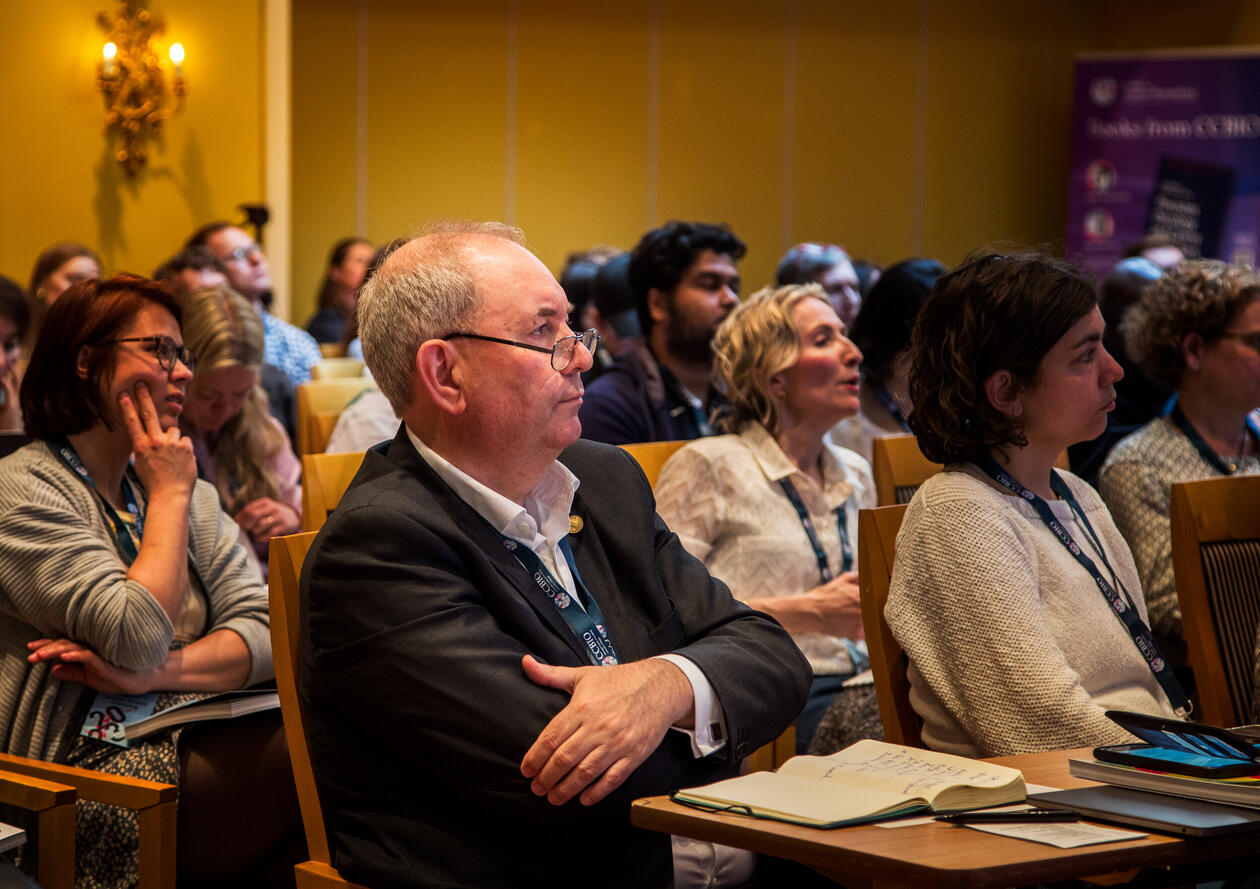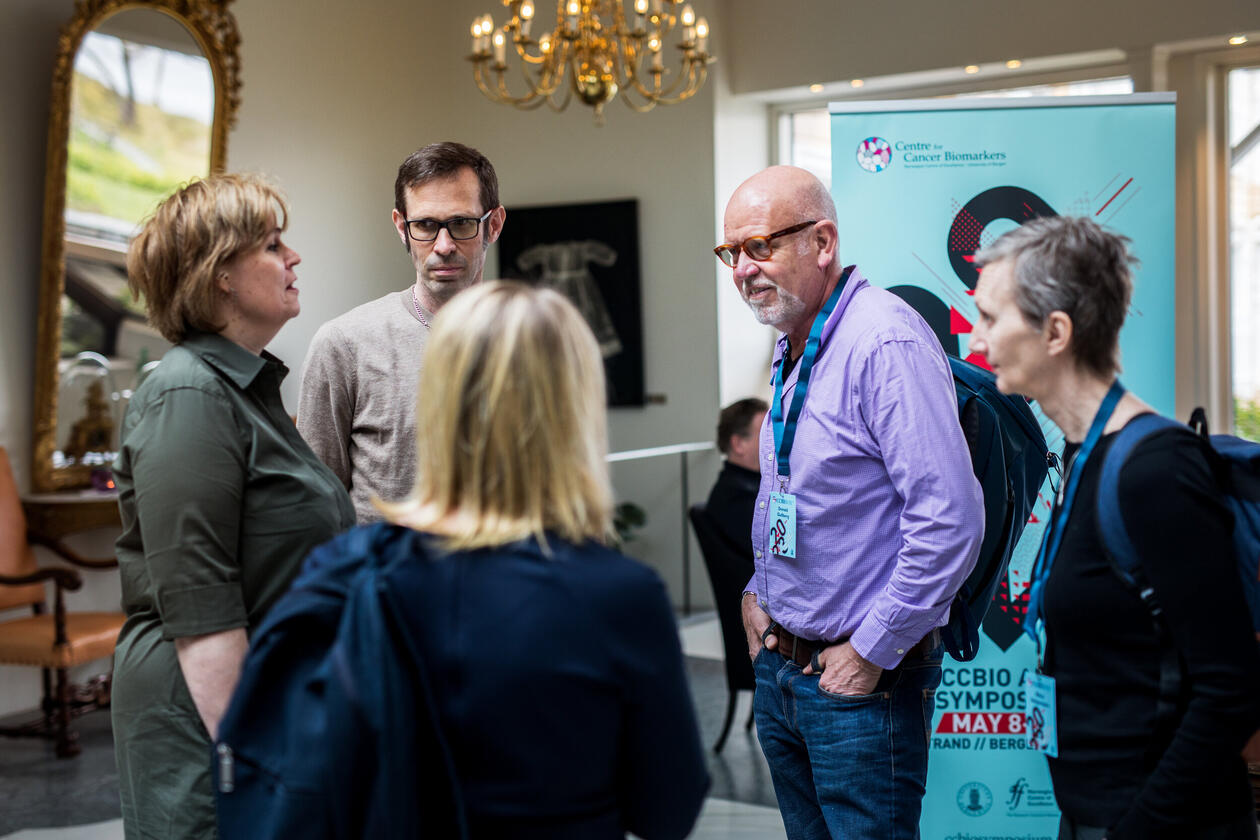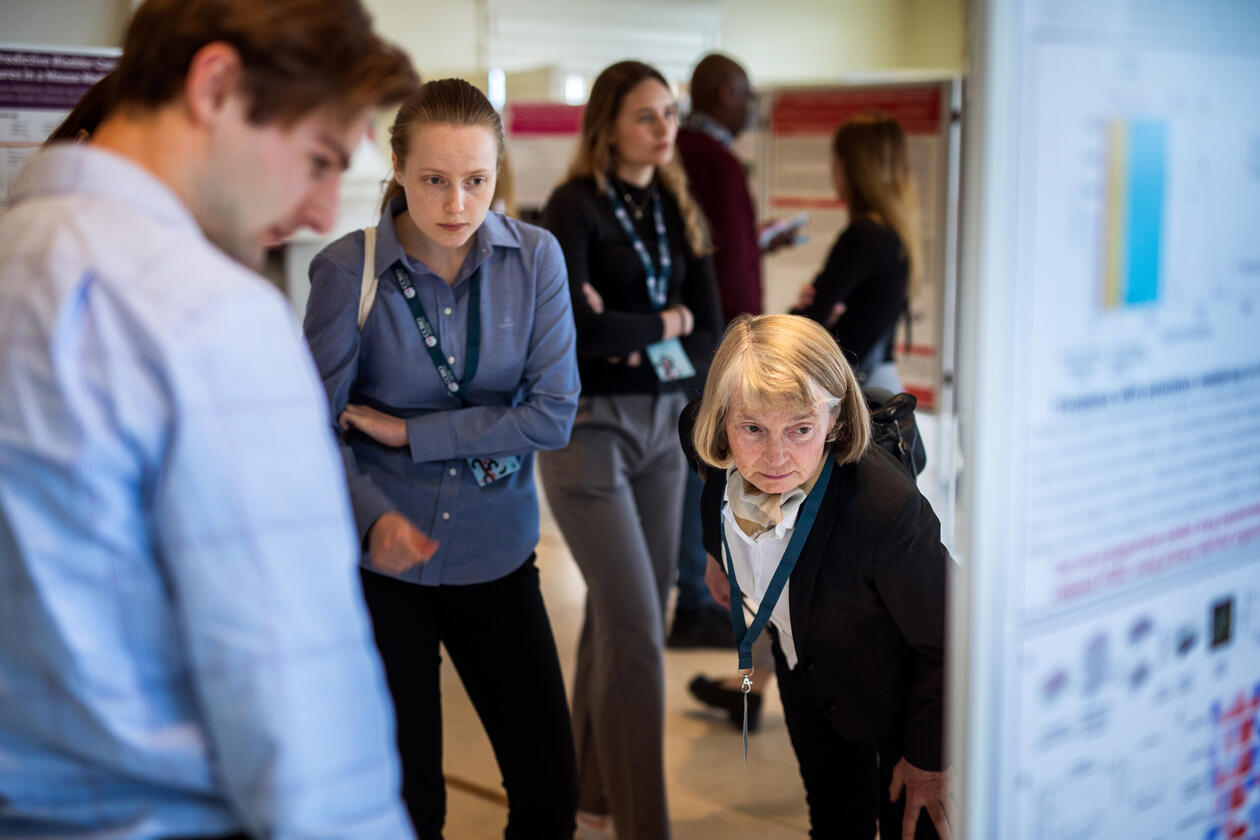Liquid biopsy and single-cell analysis can become gamechangers in cancer treatment
A simple blood test can contribute to earlier detection of cancer and provide valuable information about the tumor in a number of cancers. The technology behind liquid biopsies is still being tested, but will change the landscape in cancer diagnostics, says professor and CCBIO-partner Klaus Pantel.

Main content
Liquid biopsy is type of blood test where the aim is to find cancer cells and cancer DNA in the blood or another body fluid. This is a less invasive form of sampling compared to traditional tissue biopsy. The term itself was first introduced in 2010 by Professor Klaus Pantel and his research colleague Catherine Alix-Panabieres.
The blood test can provide information about the cancerous tumour, contribute to early detection or make it possible to start treatment before the tumor has time to spread to other parts of the body. In addition, it will be possible to detect signals that indicate whether the cancer is about to return.
– The blood tests can also show whether patients are resistant to treatment and what causes the resistance. In this way, we can find out whether we should change treatment or develop new medicines against the resistant cells, explains Klaus Pantel.
Big changes in 10 years
Technical and biological limitations makes it complicated to implement liquid biopsy for general use. This requires high-tech and highly sensitive tests. Some have been implemented, but Pantel believes that much will look different in 10 years.
– If you could choose between a blood test and a needle going into the lungs, I think most people would choose the first. More and more tests will be approved, and this could change the landscape within cancer diagnostics. There is also some pressure from academic and medical circles for this to happen, he points out.
Single-cell analysis in focus
Another area of research that was high on the agenda at this year's symposium was so-called single-cell analyzes of tissues. This is advanced technology that integrates molecular data that provides information on where in the tissue and where in the cancer the cells have their function.
The technology makes it possible to go all the way down to the single-cell level to examine several tumor markers at the same time. Among those who lectured on this was Professor Alexander Swarbrick from the University of New South Wales in Sydney, Australia.
Close collaboration with CCBIO
Both Swarbrick and Pantel were among the keynote speakers at this year's CCBIO symposium, which was held at Solstrand Hotel from 8 - 10 May.
Kaus Pantel has a broad collaboration with CCBIO, including in research into advanced prostate cancer. He believes that the collaboration and the annual seminar are of great importance in several ways.
- You get new contacts and can nurture the relationship with already established contacts, as well as develop new research ideas. Spontaneous gatherings are very important. You don't share good ideas with someone you don't know, says Pantel with a smile.
International participation
Head of CCBIO, Lars A. Akslen, says that this year's seminar is perceived as the best one ever.
– That is thanks to the program and the whole atmosphere. It is obviously an important meeting for cancer researchers in Bergen, but also national and international partners. We have significant participation from our neighboring countries and have increased our proportion of international participants who do not have direct contact with our research environments, says Akslen.
He adds that the poster sessions with rapid presentations in which both established researchers and PhD candidates participate have become a popular format.
– All in all, I would say that the seminar was a great success with a bubbling atmosphere, says Akslen.
